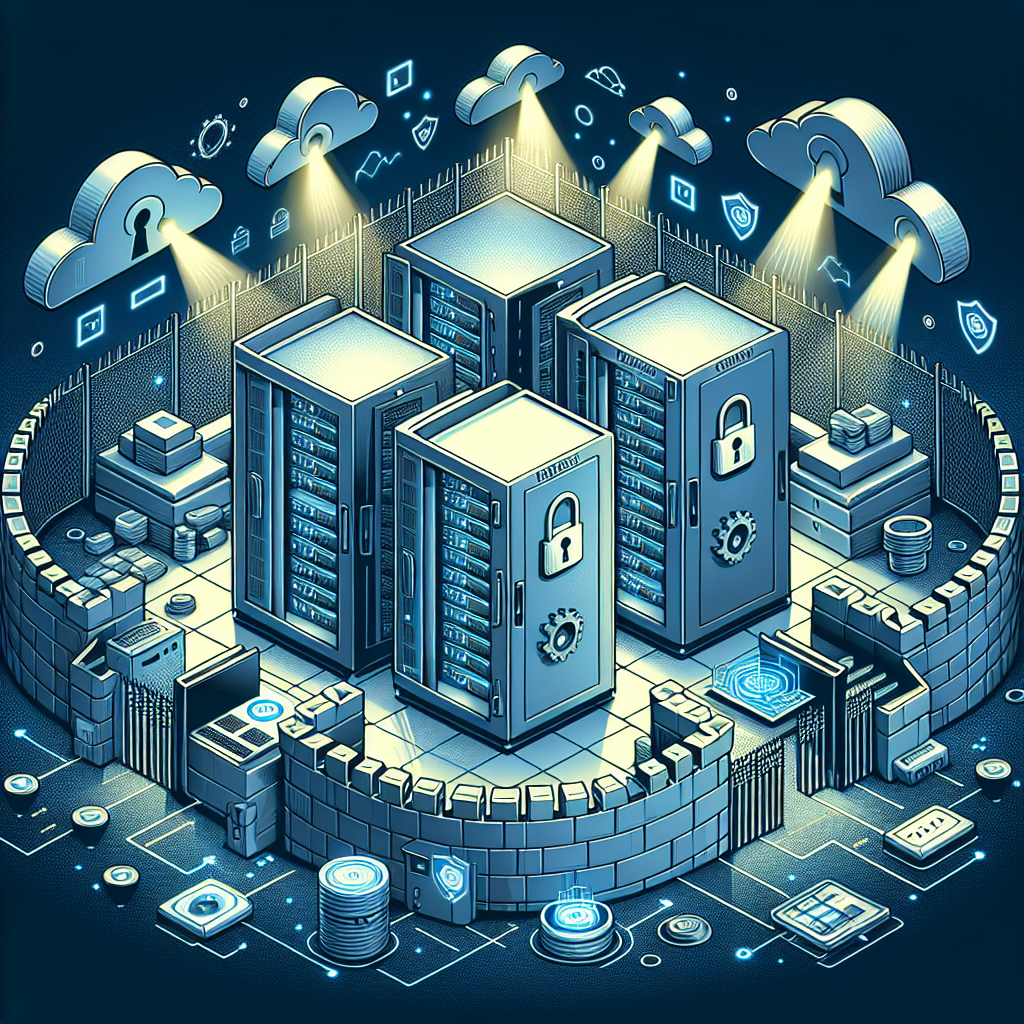Data centers play a crucial role in storing and managing vast amounts of data for organizations of all sizes. With the increasing amount of sensitive information being stored in data centers, it is essential to have robust security measures in place to protect this valuable data. One of the key components of data center security is the use of databases.
Databases are used to store, organize, and retrieve information in a structured manner. They serve as the backbone of any data center, holding critical data such as customer information, financial records, and intellectual property. In terms of security, databases play a vital role in ensuring that this information is protected from unauthorized access, theft, and cyber threats.
One of the primary ways in which databases contribute to data center security is through access control. By implementing strict access control policies, organizations can regulate who has permission to view, edit, or delete data within the database. This helps prevent unauthorized users from gaining access to sensitive information and reduces the risk of data breaches.
Databases also play a crucial role in data encryption. By encrypting data at rest and in transit, organizations can ensure that even if a breach occurs, the stolen data remains unreadable and unusable to malicious actors. Encryption helps safeguard sensitive information and adds an extra layer of protection to the data stored in the database.
Furthermore, databases are essential for monitoring and auditing data access. By keeping track of who accesses the database, when they access it, and what actions they perform, organizations can detect any unusual activity that may indicate a potential security threat. This information can help organizations identify and respond to security incidents in a timely manner, minimizing the impact of a breach.
In addition to access control, encryption, and monitoring, databases also play a role in securing data through regular backups and disaster recovery plans. By regularly backing up data stored in the database and having a solid disaster recovery plan in place, organizations can ensure that they can quickly recover from data loss or corruption caused by a security incident.
In conclusion, databases are a critical component of data center security. By implementing strong access control policies, encryption, monitoring, and backup procedures, organizations can protect their valuable data from unauthorized access, theft, and cyber threats. As data centers continue to grow in importance, it is essential for organizations to prioritize database security to safeguard their sensitive information and maintain the trust of their customers.


Leave a Reply